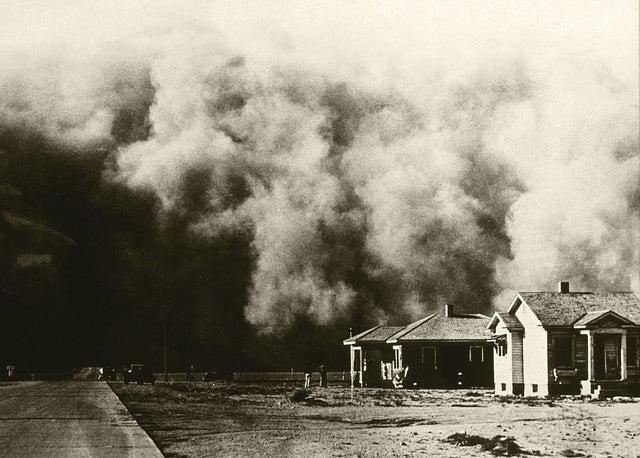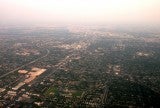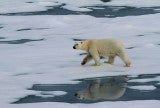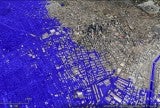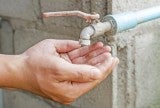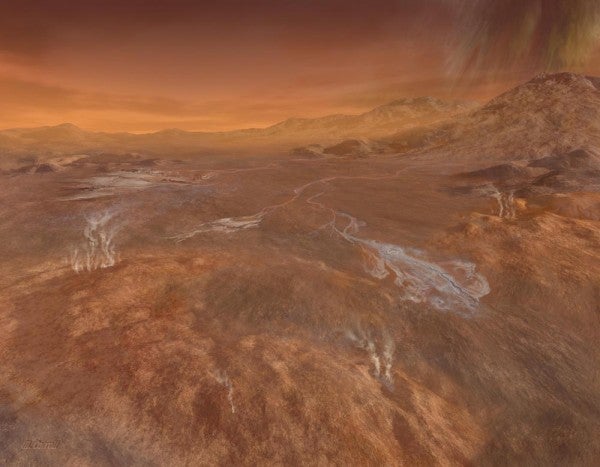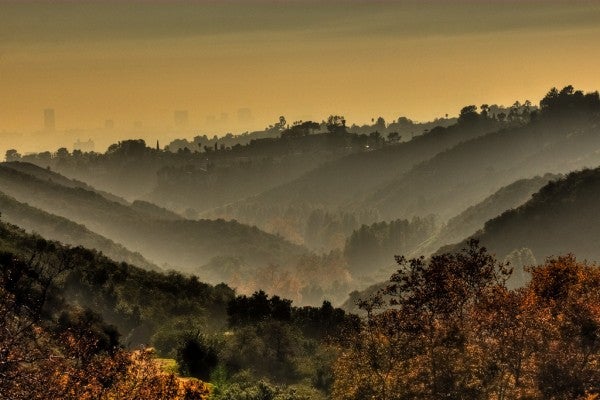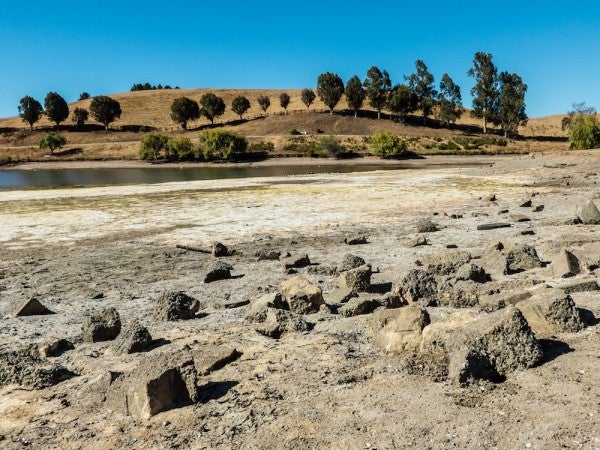Are We Heading Toward a New Dust Bowl?
Scientists Now Know That 1934 Was North America’s Worst Drought in 1,000 Years—And They Can Help Us Get Ready for the Next One
On April 15, 1935, one of the largest dust storms in U.S. history smothered Oklahoma and the Texas panhandle in a cloud thick enough to nearly blot out the noonday sun. It was this day, which would become known as “Black Sunday”, that produced the Associated Press article that coined the term “Dust Bowl.”
Newspaper articles, novels like The Grapes of Wrath, and photographs like Dorothea Lange’s “Migrant Mother” have told us stories about the human hardship of that nearly decade-long drought. And now a new analysis I worked on …




